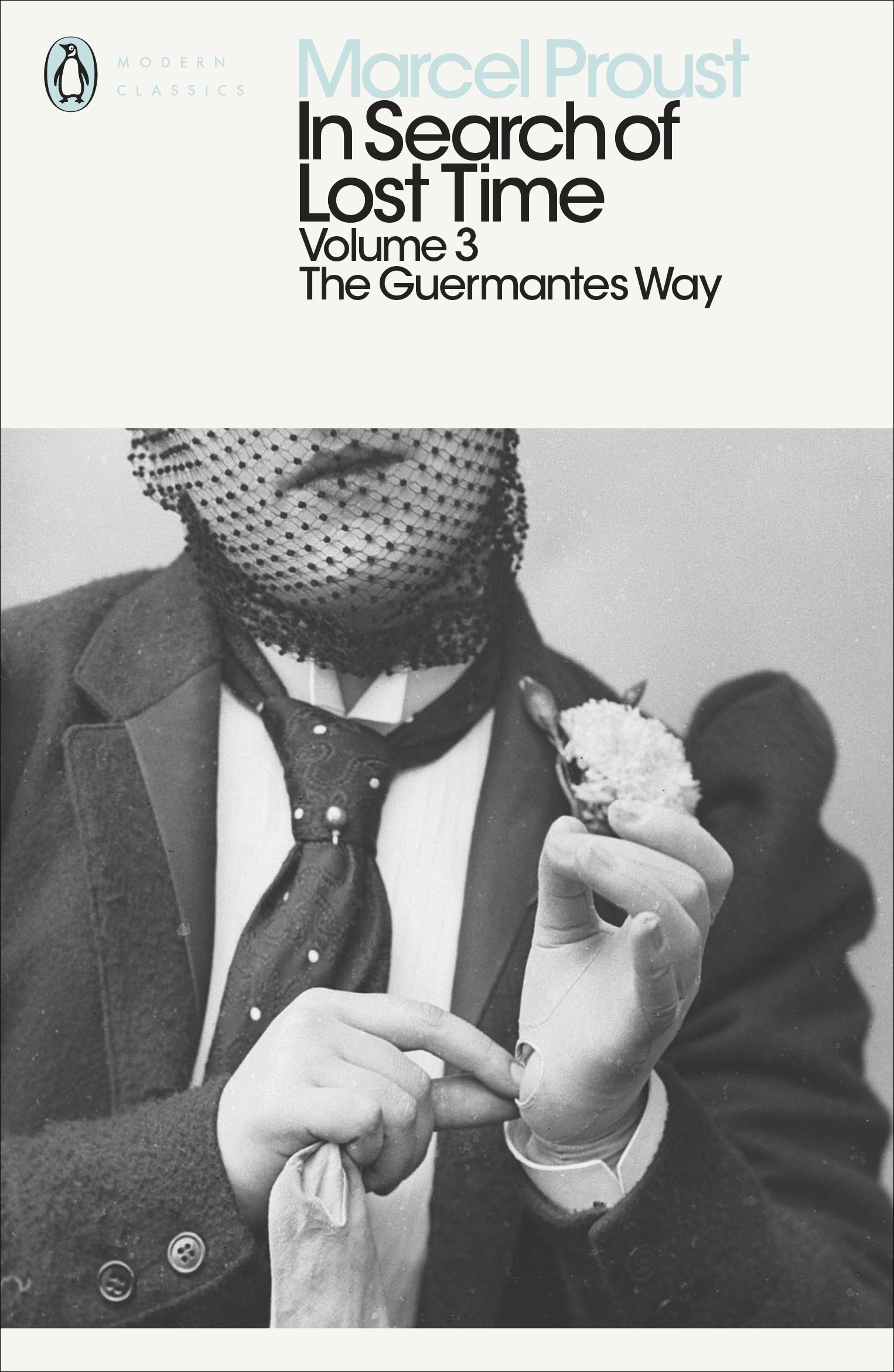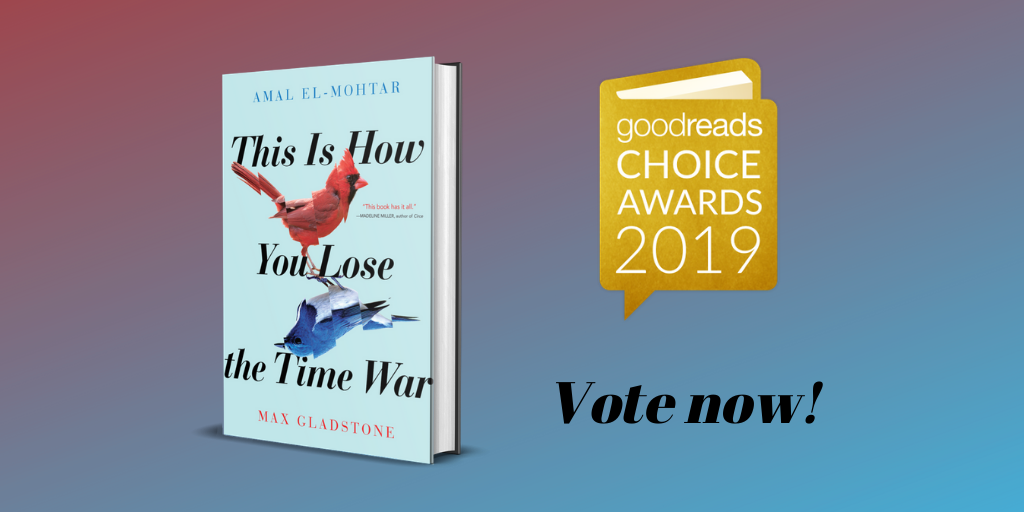

she finds a completely new sound in an over-travelled world.” - NDR, Germany Narrated brilliantly, in a language that has a lot of heart and soul. Such an unusual travelogue, I've never read anything like it. “This really is the best non-fiction book that I have the feeling I've ever read. “A fascinating lost story.” - El Cultural, Spain
#LOST TO TIME GOODREADA FULL#
“A story full of extraordinary adventures.” - El Pais, Spain “A frankly odd idea becomes a journey to the limits of geography Kapuscinski-style reportage describing the tribulations and characters of a land about which we know almost nothing.” - La Repubblica, Italy “The book's richness is in its tangents… wonderful book.” - The Financial Times

“An exploration of tragic echoes, harmonious transience and persistent mysteries at the edges of the world.” - The Times Literary Supplement 'An absolutely extraordinary and unique book' - Diário de Notícias, Portugal “A book that surpasses many a novel in terms of bizarre and surprising turns. ” - Der Bund, Switzerland This is a wonderful book.” - Sunday Times

“The joy of this book lies in the contrast that exists between an icy backdrop and what a grand piano implies.” - Le Figaro, France These pages sing like a symphony.” - Wall Street Journal “ The Lost Pianos of Siberia, Sophy Roberts's melodious first book, reveals a story inextricably linked to the drama of Russia itself. It survives in the pianos that everyday people have done everything to protect. Belief in music's comfort survives in muffled notes from broken hammers, in beautiful harmonies describing unspeakable things that words can't touch. Yet there are also pianos that have managed to withstand the furtive cold forever trying to creep into their strings.
#LOST TO TIME GOODREADA SERIAL NUMBER#
Often all that is left of a piano's backstory can be gleaned from the serial number hidden inside an instrument - stories that reach back through more than two hundred years of Russian history. Then with the breakdown of the Soviet Union in the 1990s, numerous instruments were left to rot when funding ran out. Piano culture continued to thrive after the Second World War. They were brought by governors, exiles and adventurers before the roads and railways opened up Siberia at the turn of the twentieth century.Īfter the 1917 Revolution, pianos were again distributed all over Siberia, benefitting Russians who had never before had access to a musical education. But scattered through this expanse are extraordinary pianos. And this is just the tip of the iceberg.Siberia may be a vast, hostile landscape with a bloody past. Interesting to note that these lengthy shelf names are almost only used for books people don’t like. I poked at the top reviews of some really popular books of the last few years, and these are on reviews of books people have really hated. These shelves always boggle my mind, but hey, I ain’t here to judge. My shelves get more specific for things I’m really interested in (cats! food!), but I also like watching the trend of broad genres. Goodreads is the only place I log my books, so every time I acquire one, it gets added. And these are just the most used of her shelves. Rioter Angel Cruz‘s system makes my head hurt, but for someone who reads as much as she does, it makes sense for her to narrow every book down to publisher and release year. Or that I created a definitive genre list like she has.

I love it and wish I’d kept my own set of my yearly favorites. Rioter Jessica Woodbury‘s shelves are so neat and orderly. He has a shelf for books he sees in store windows, separate shelves for books related to his work as a music educator, and, of course, one for the Read Harder challenge. He’s not a huge reader, but I made him get an account because my one form of peer pressure is getting people on Goodreads.


 0 kommentar(er)
0 kommentar(er)
